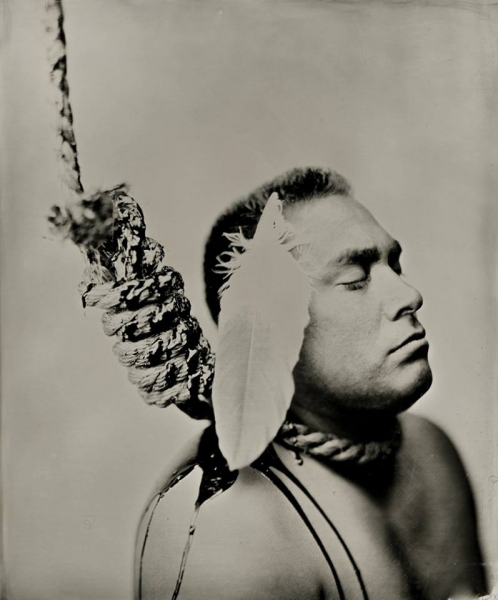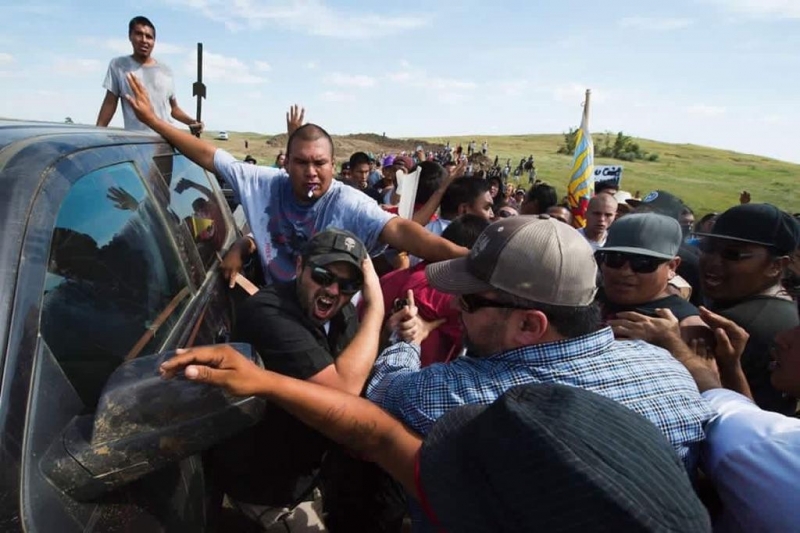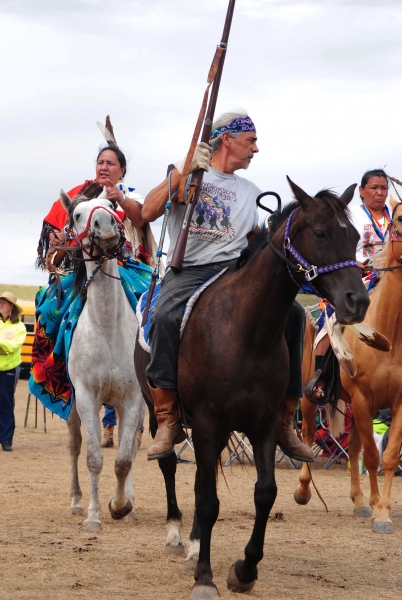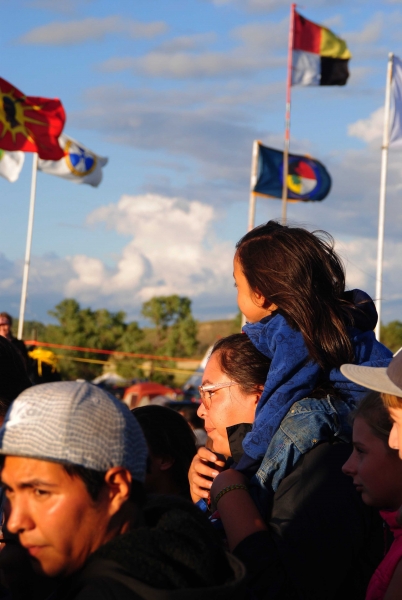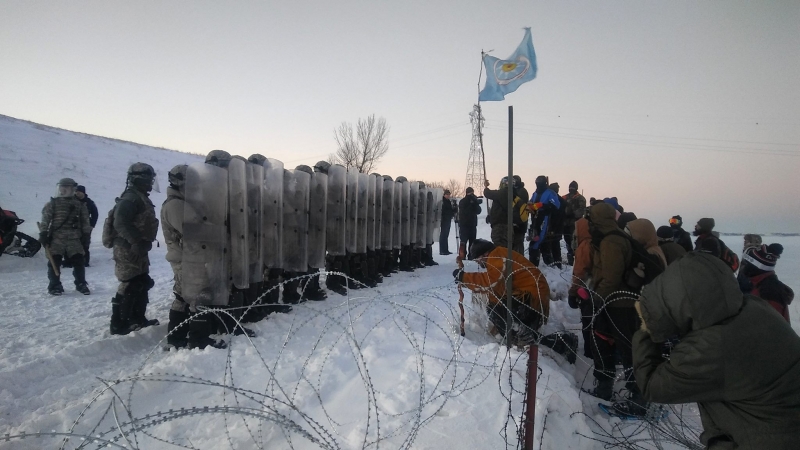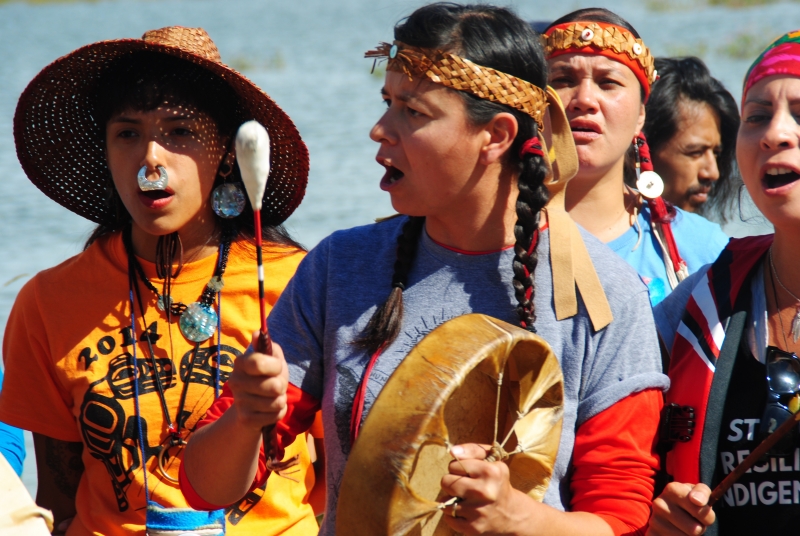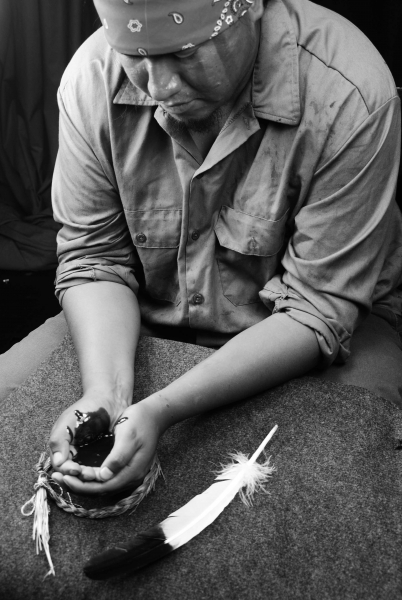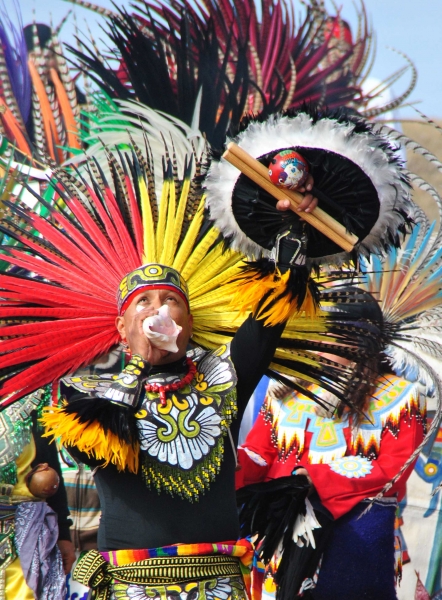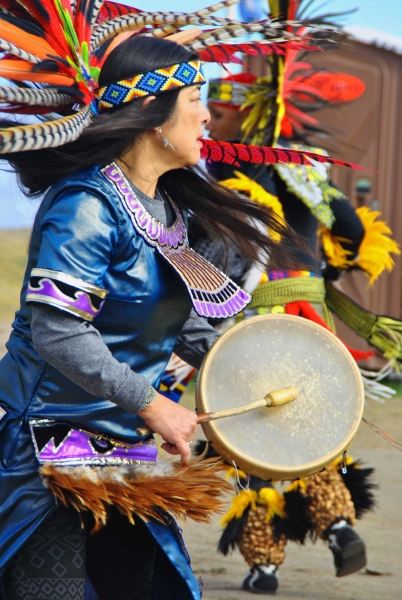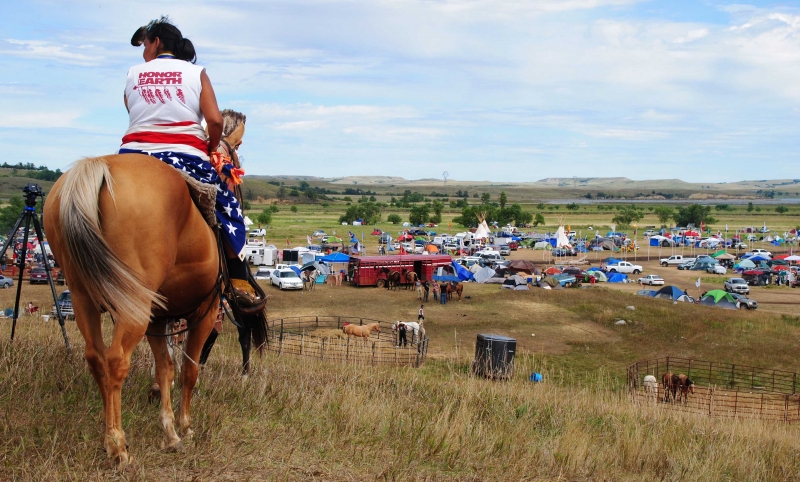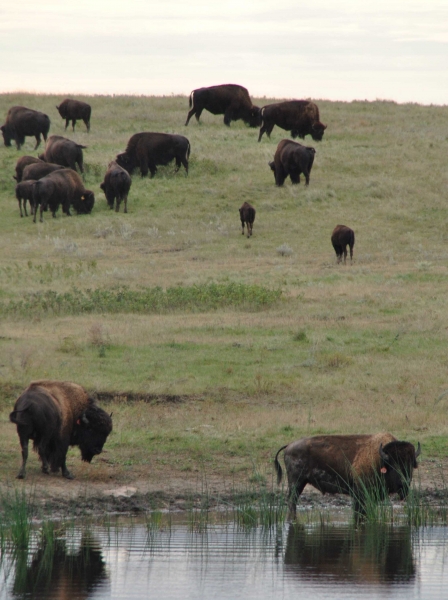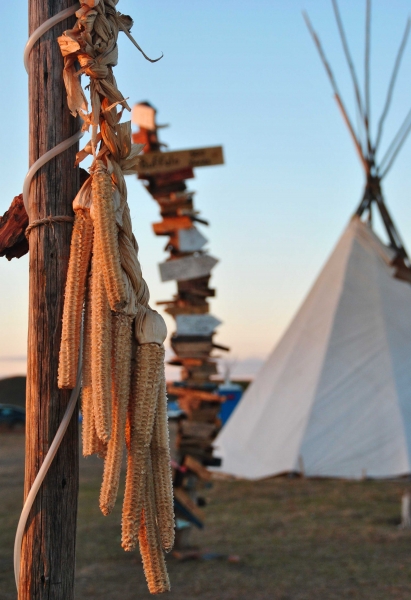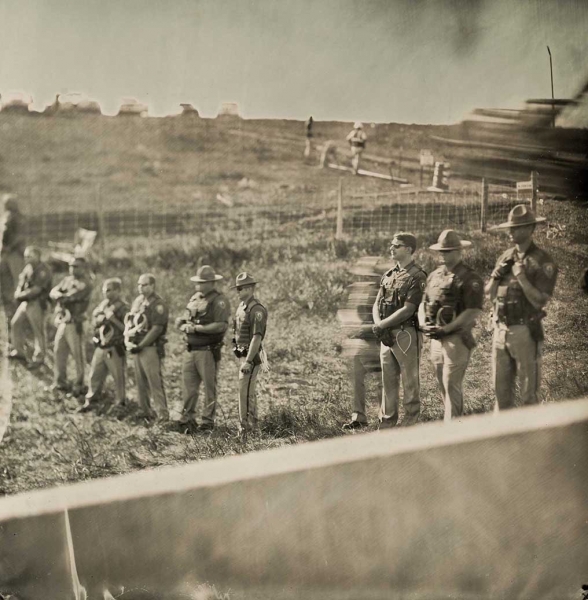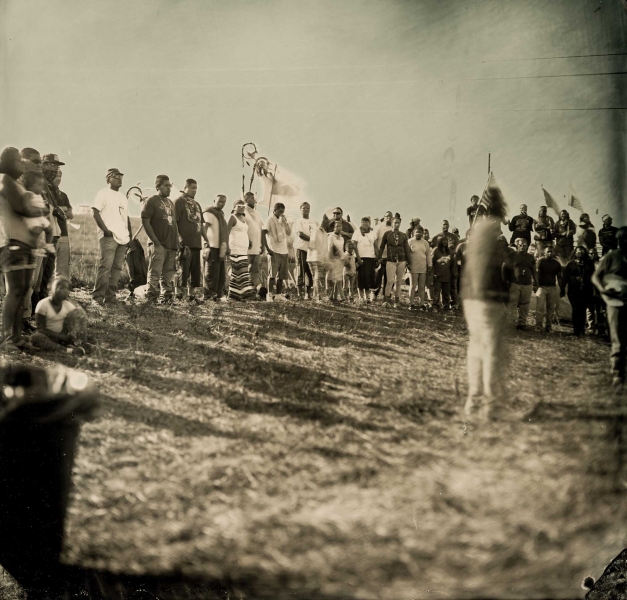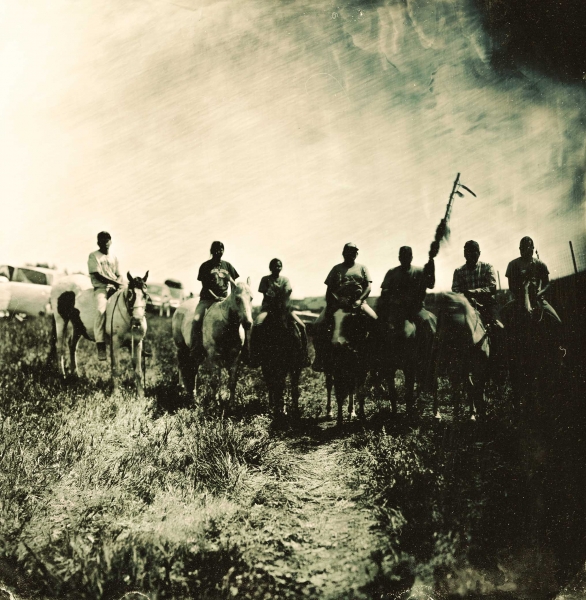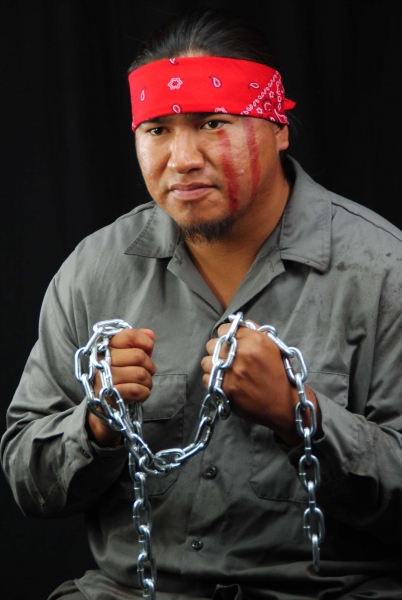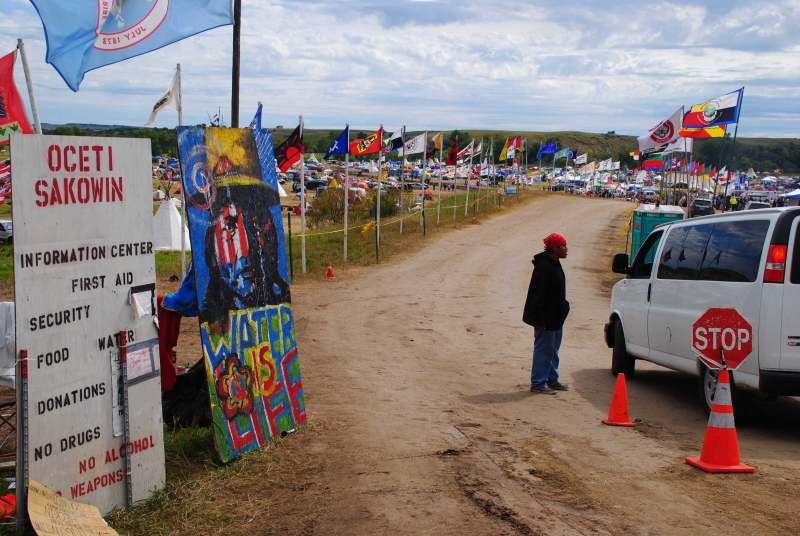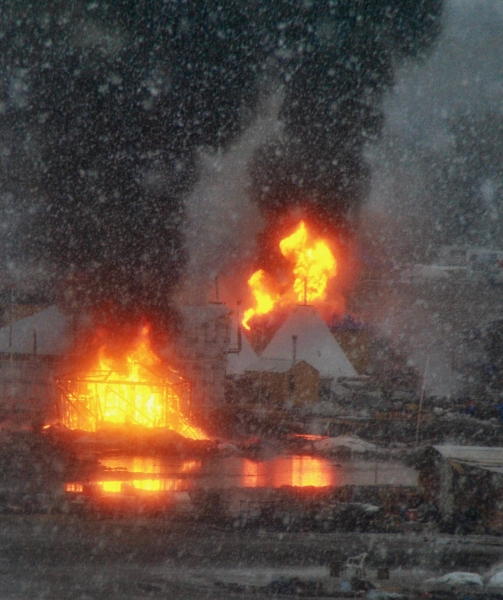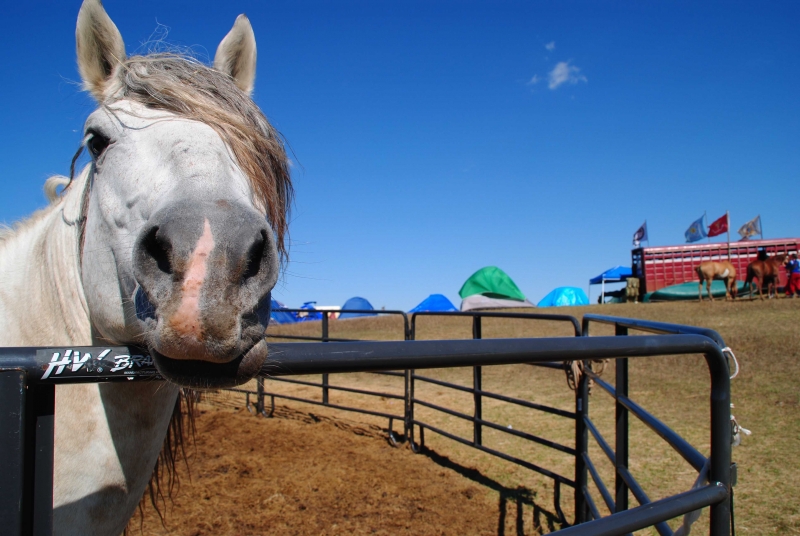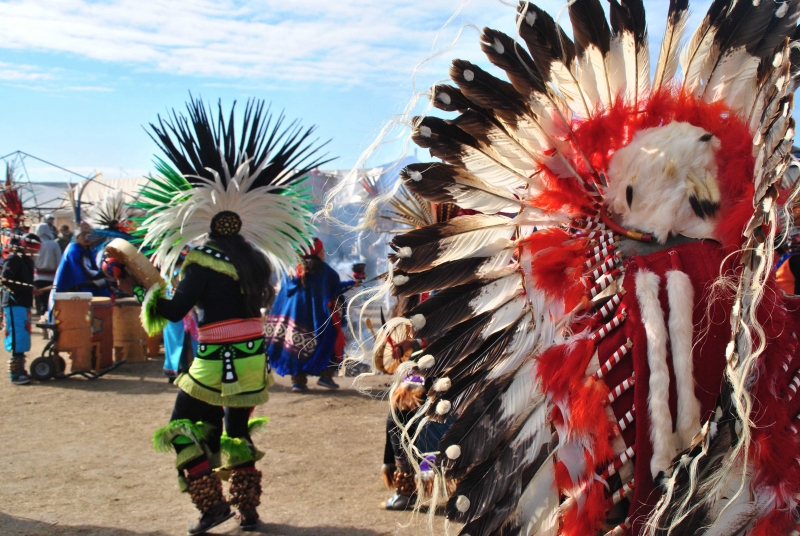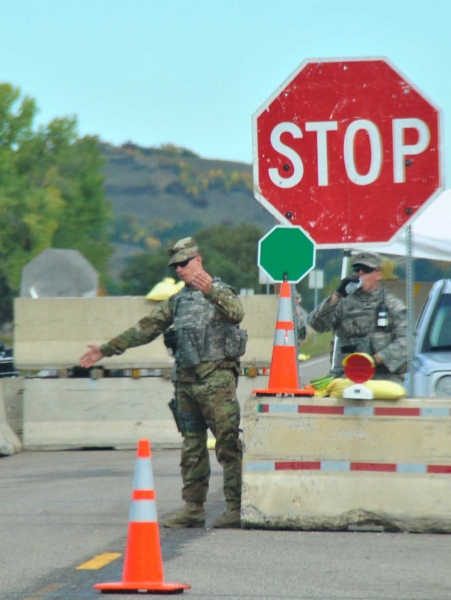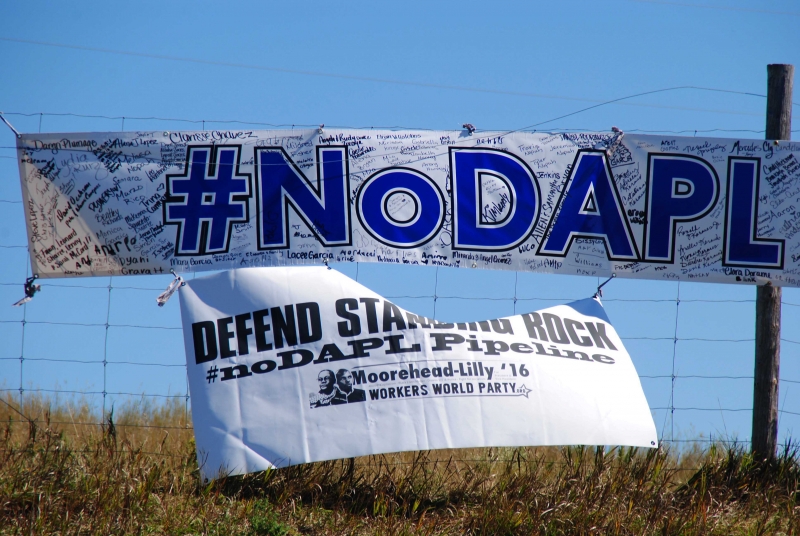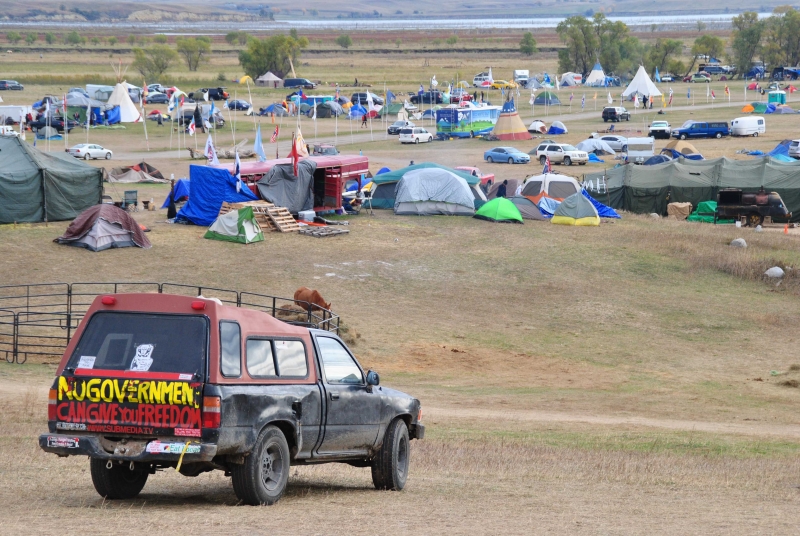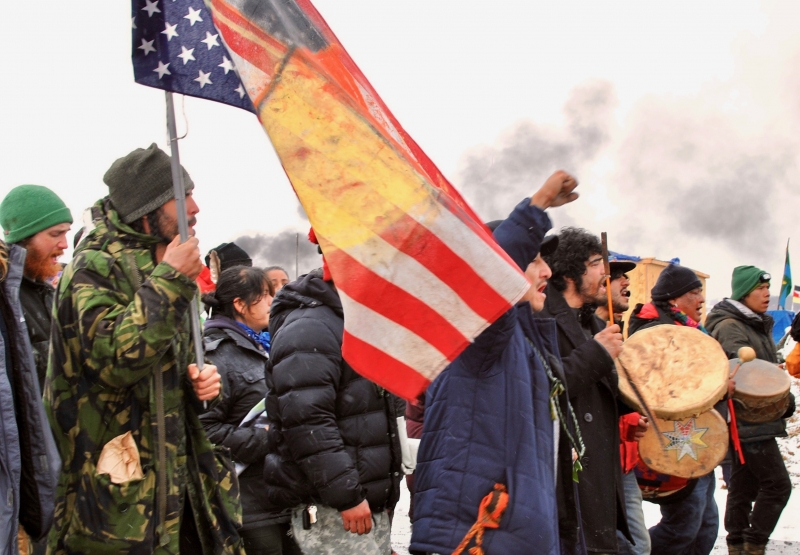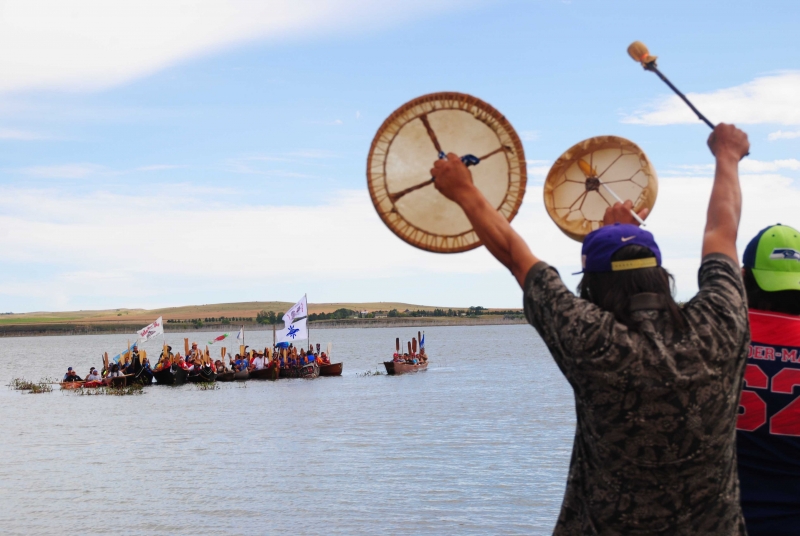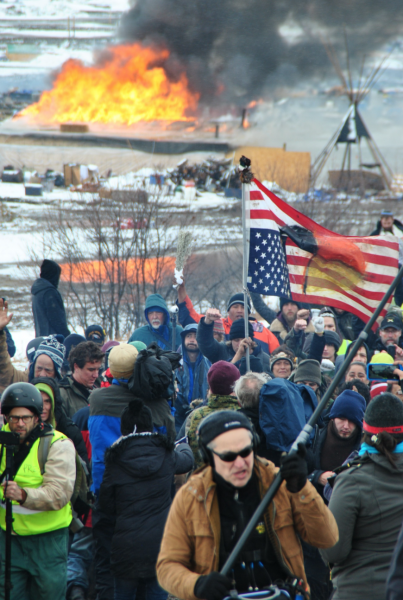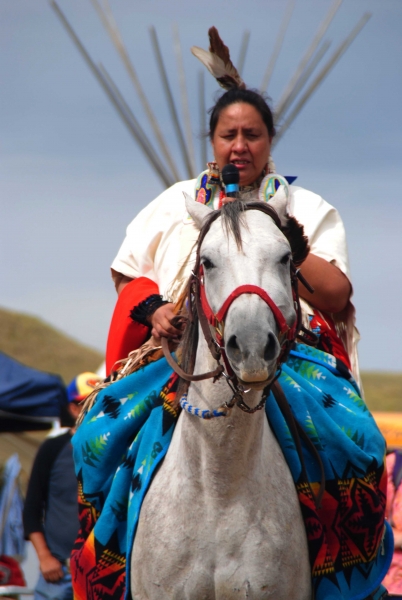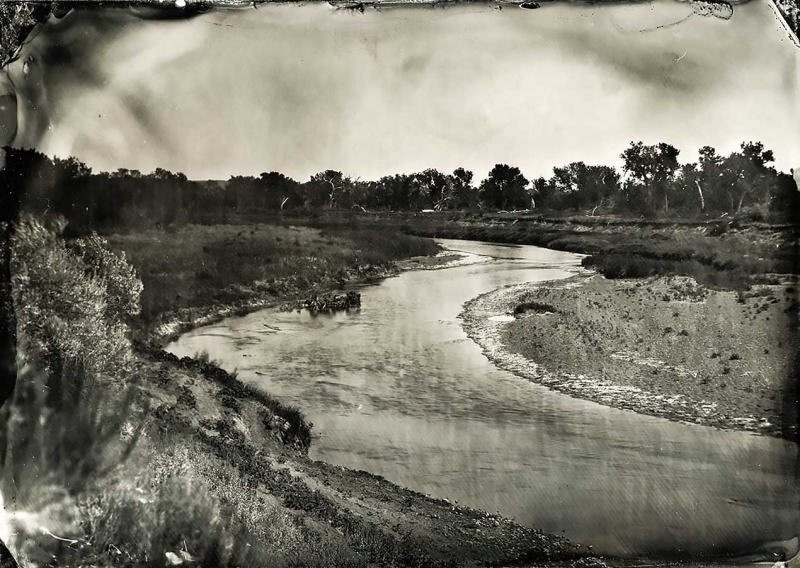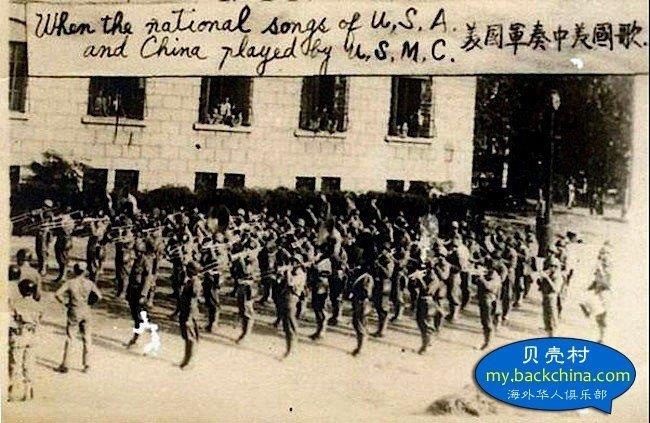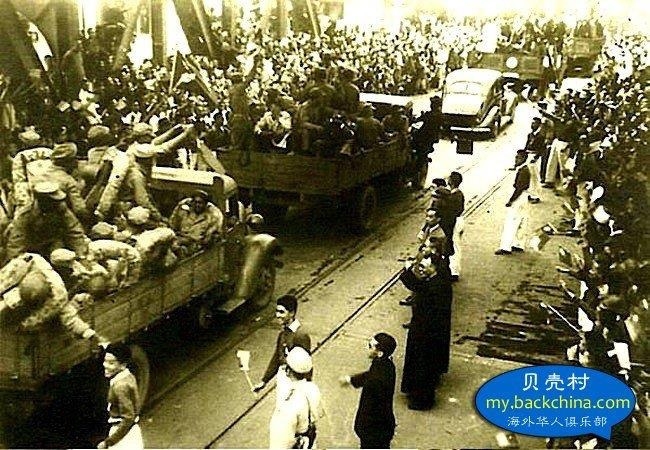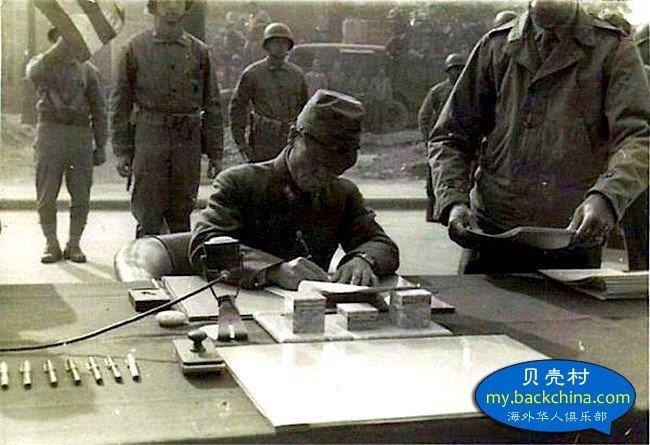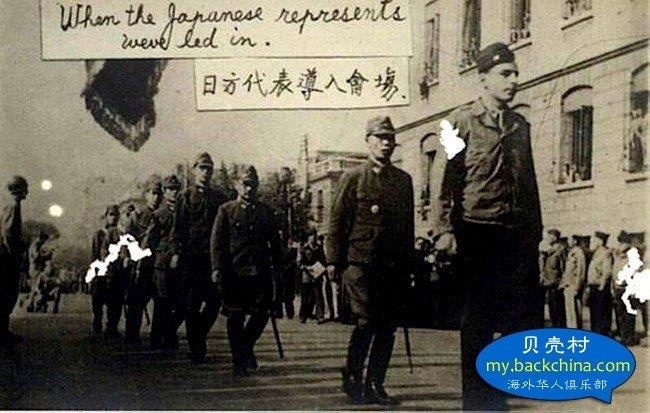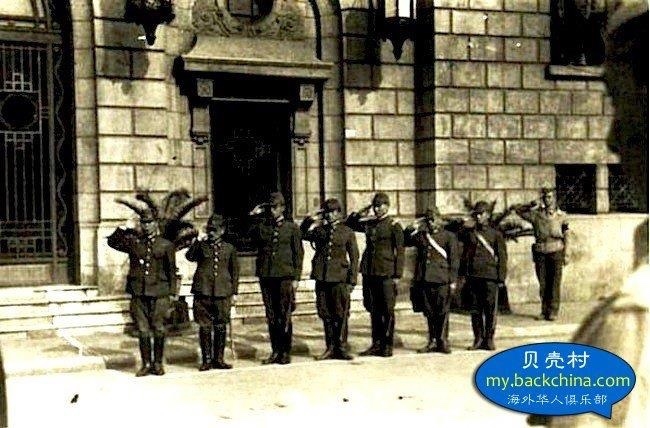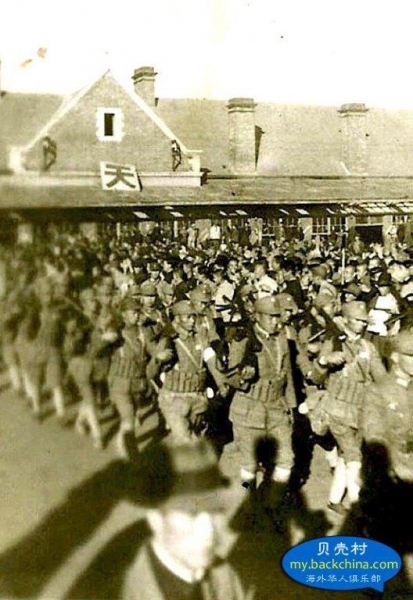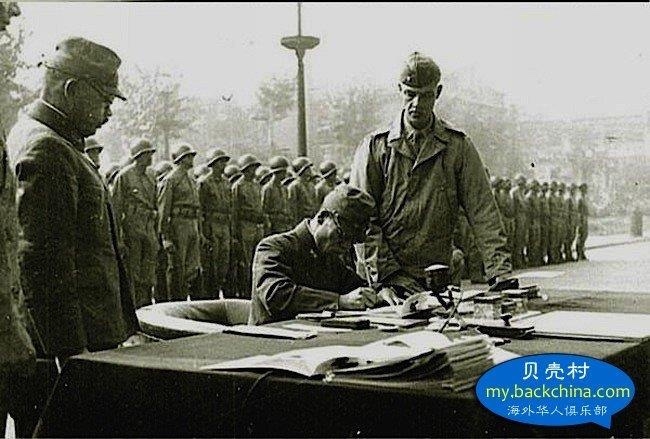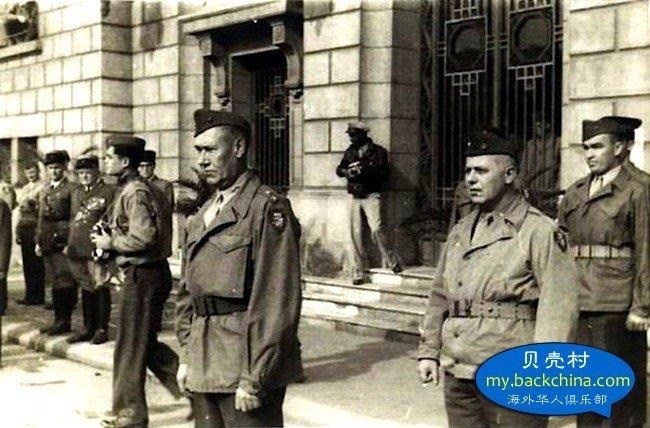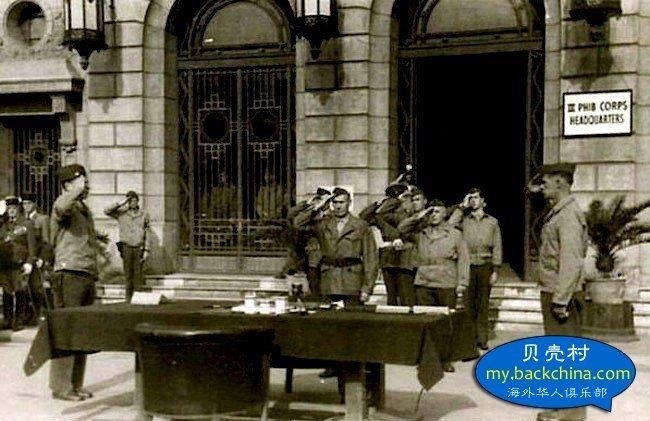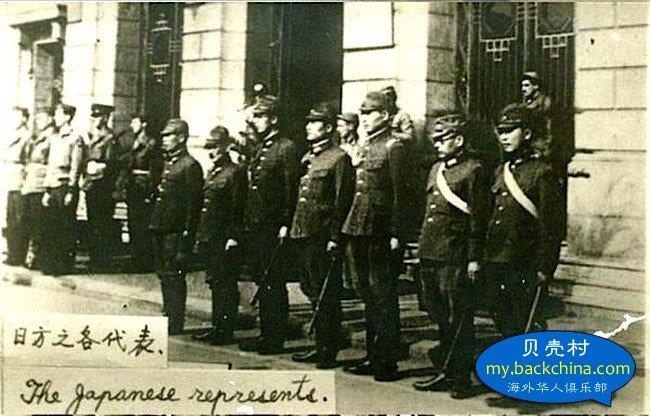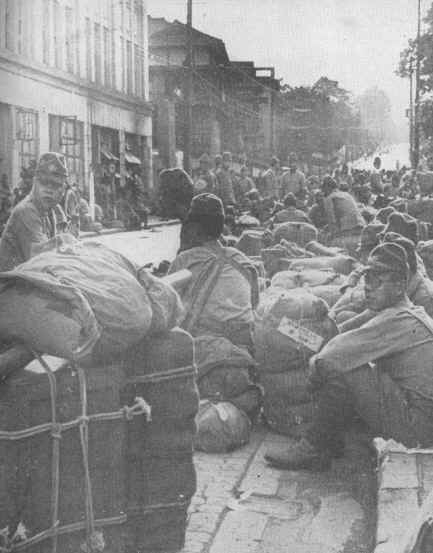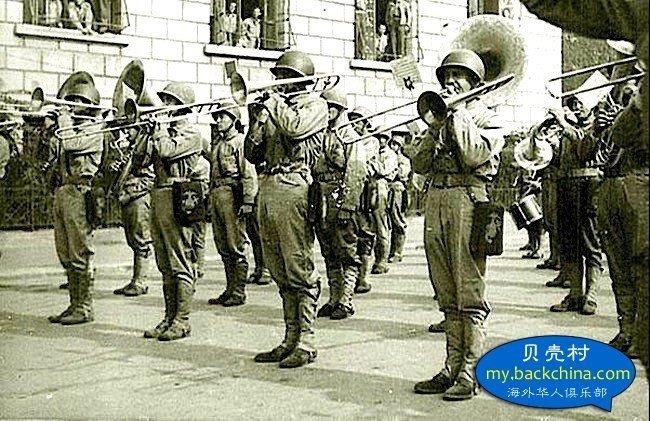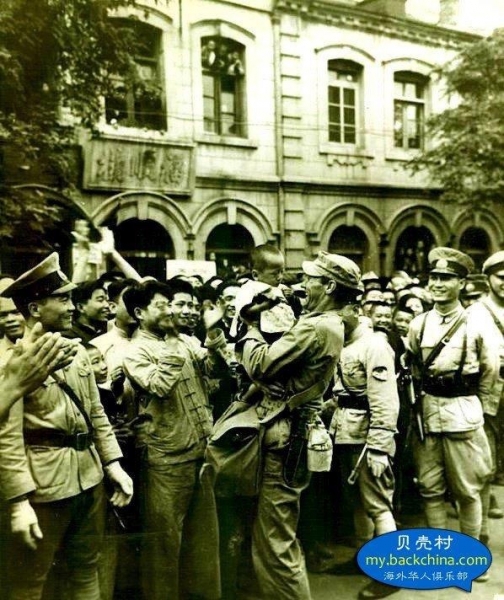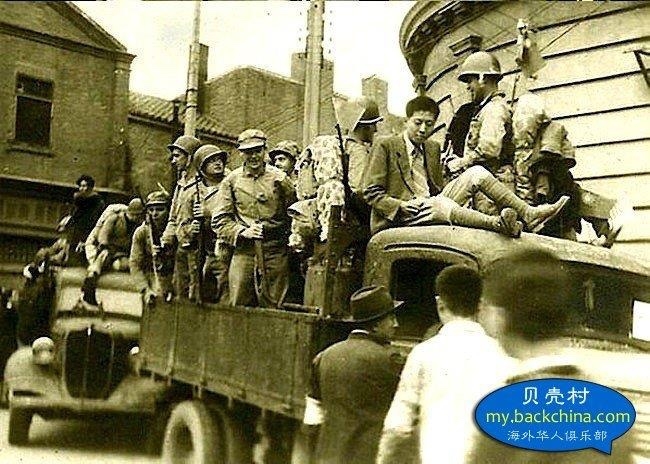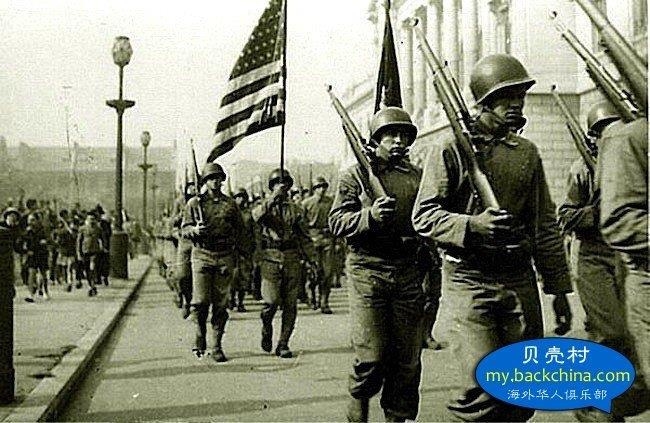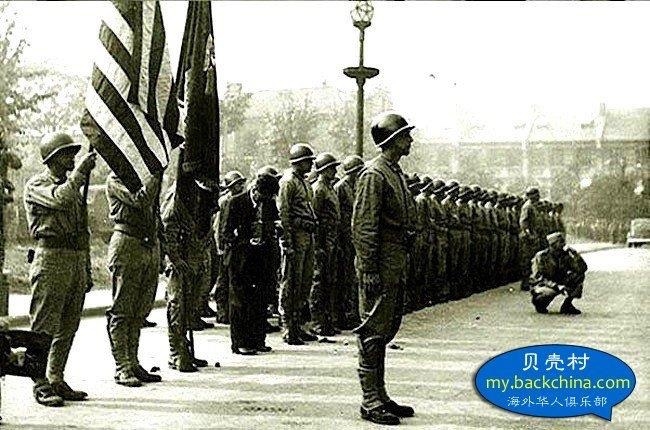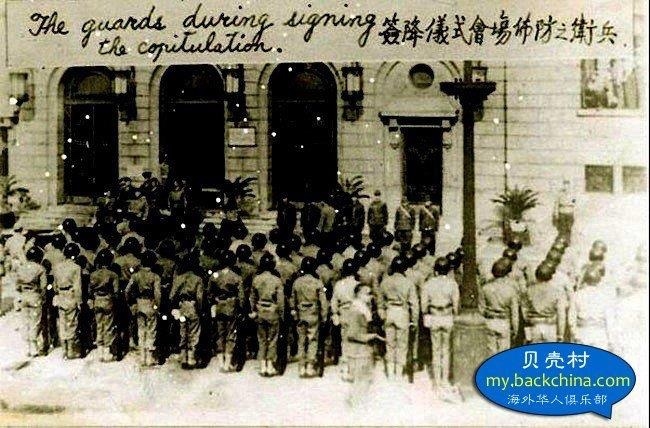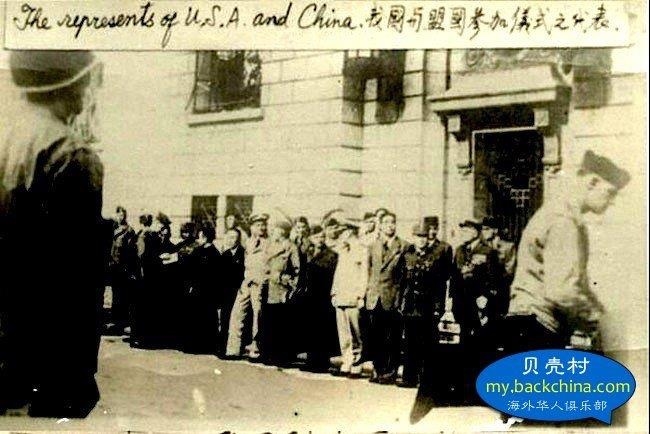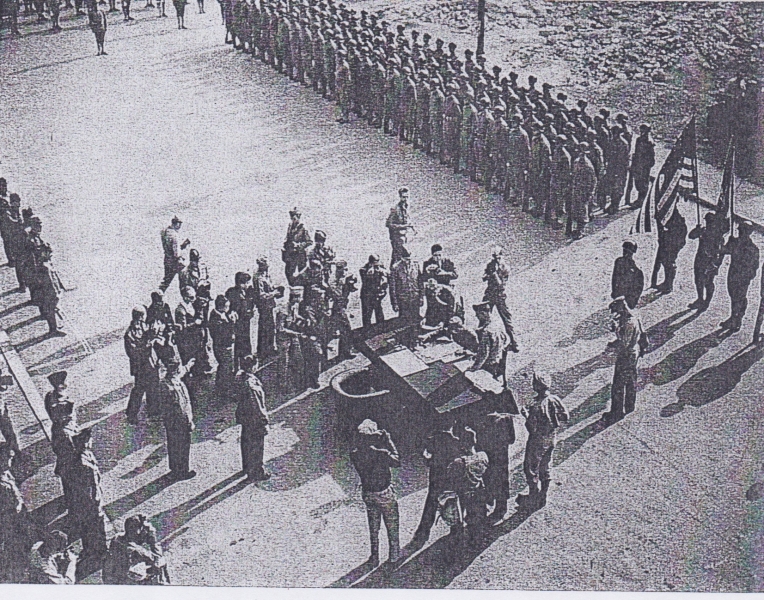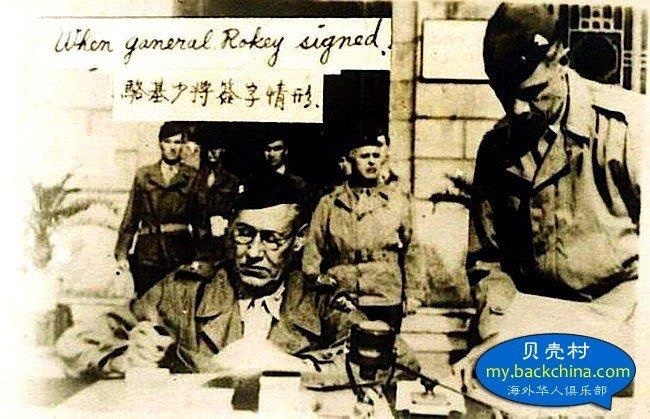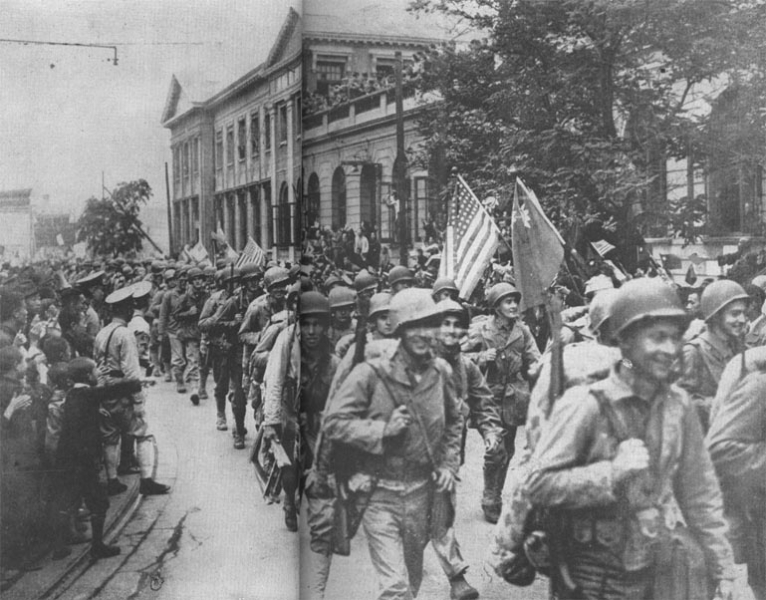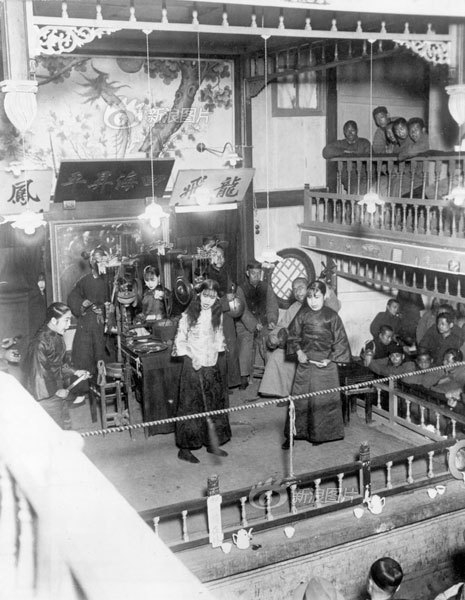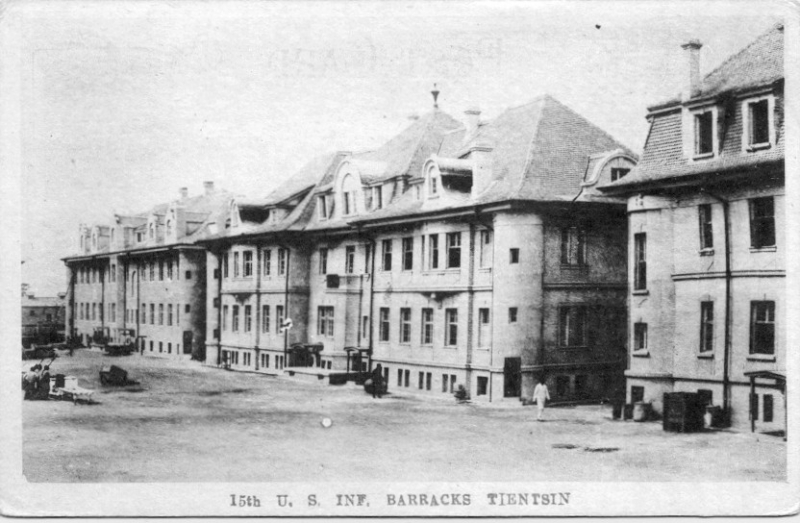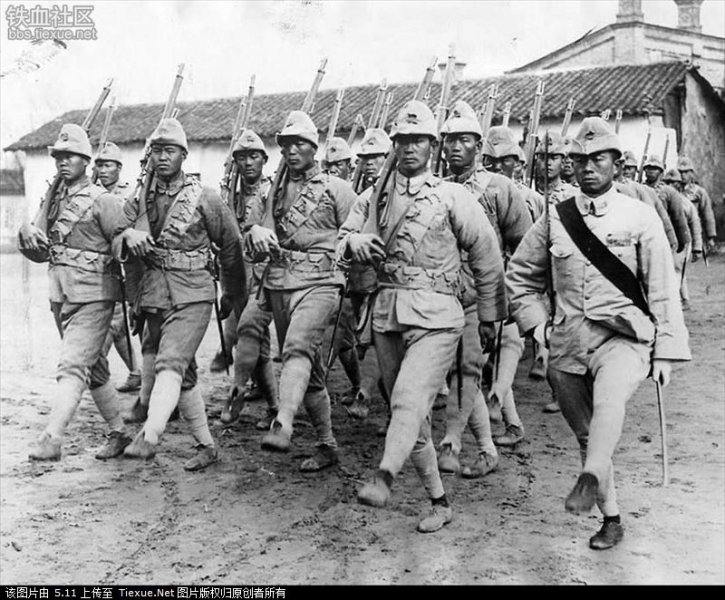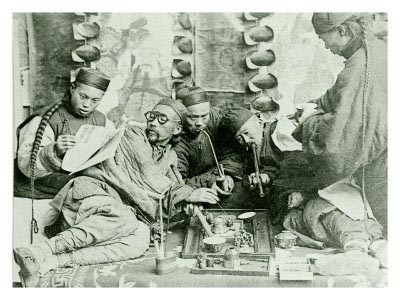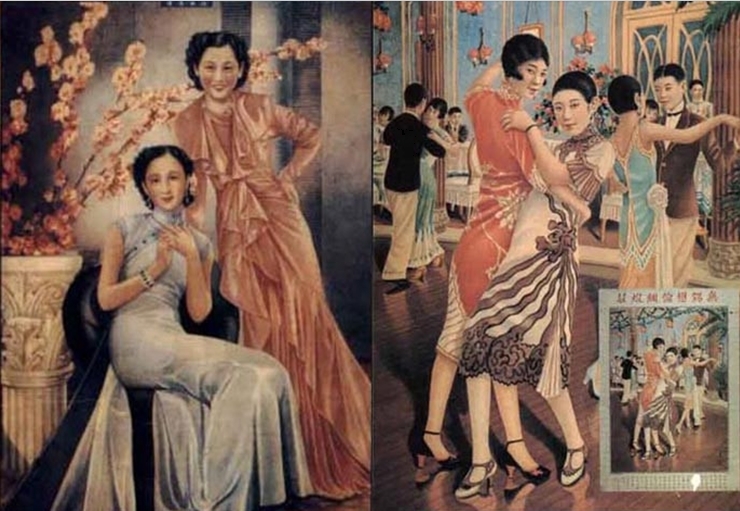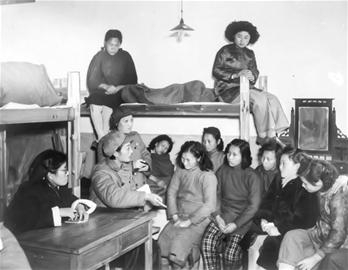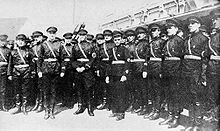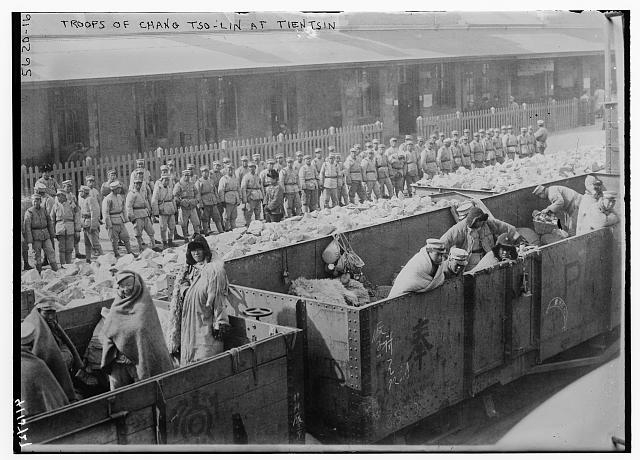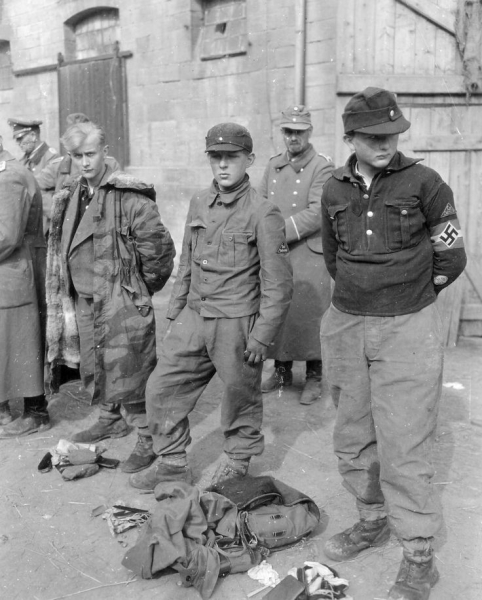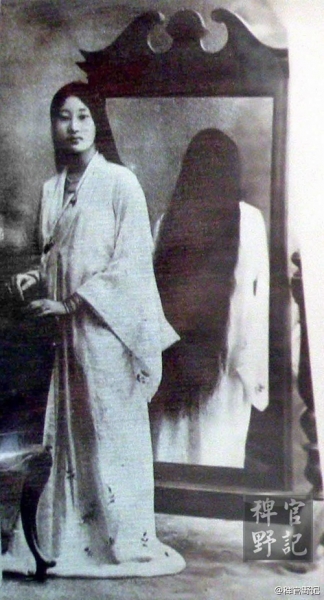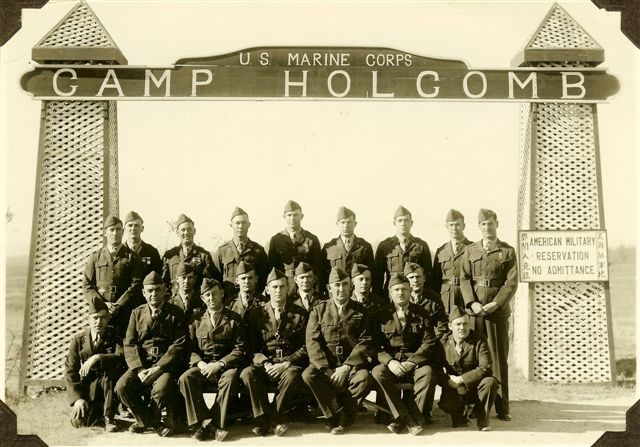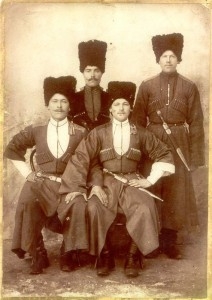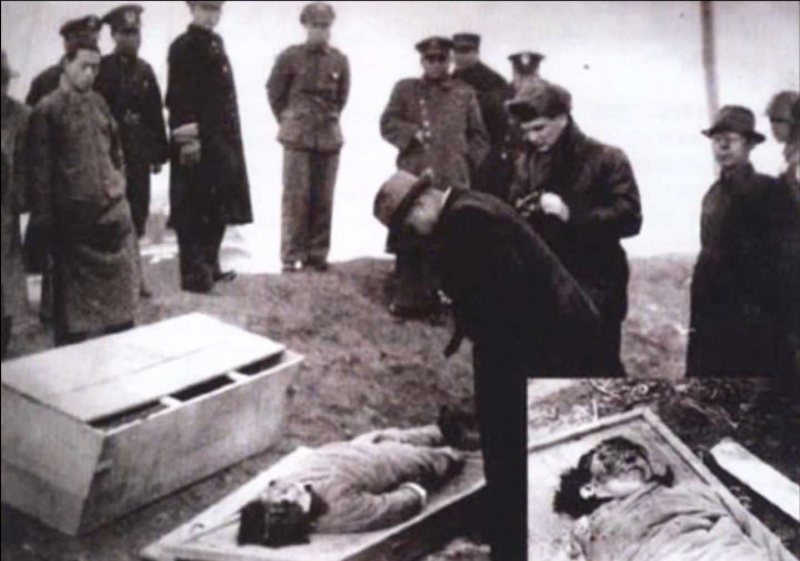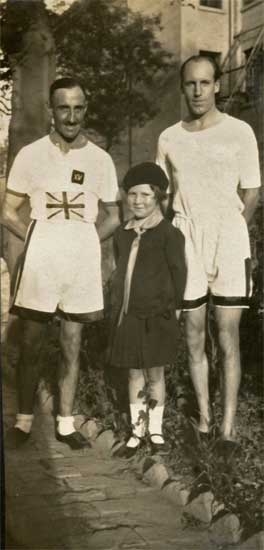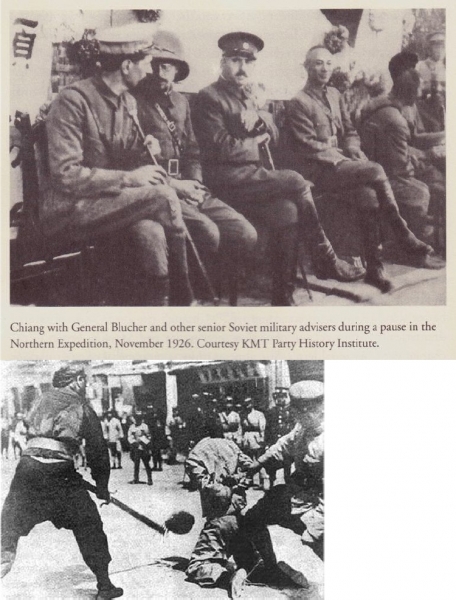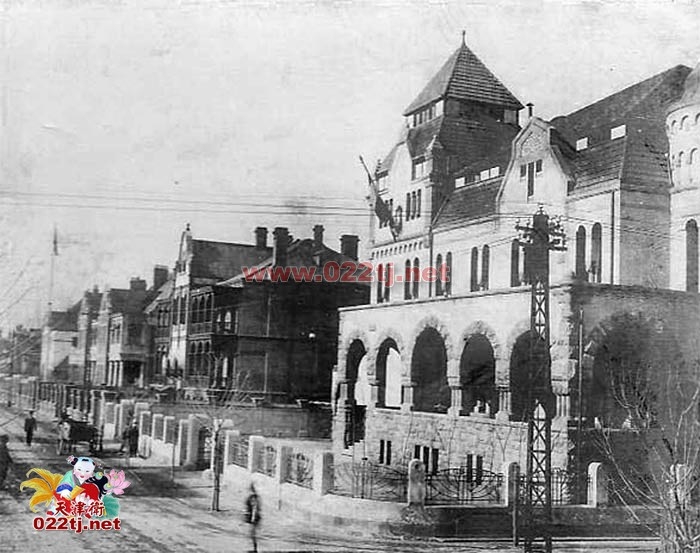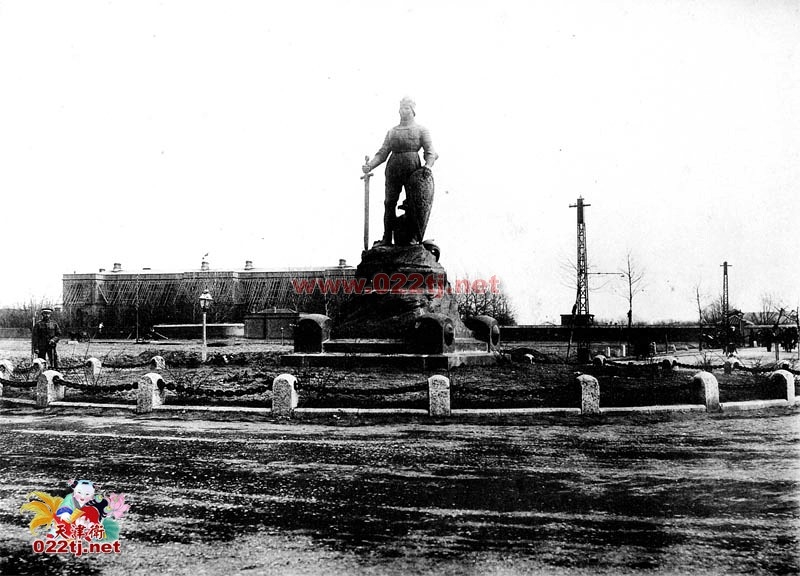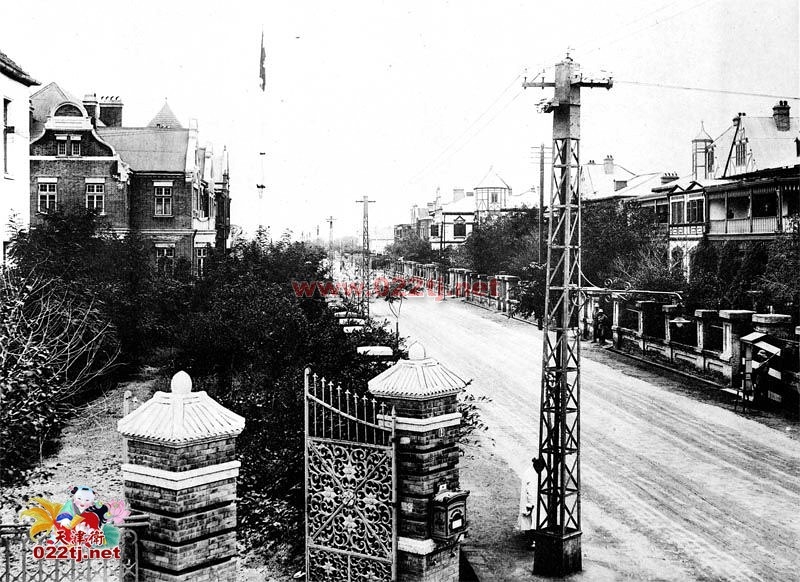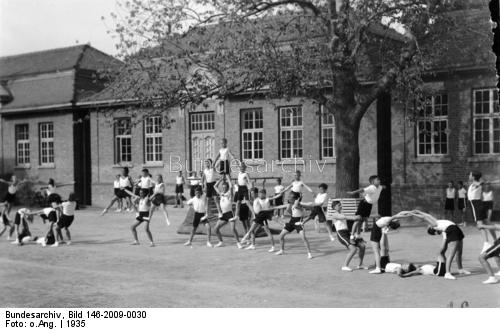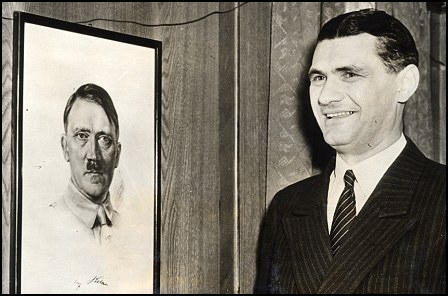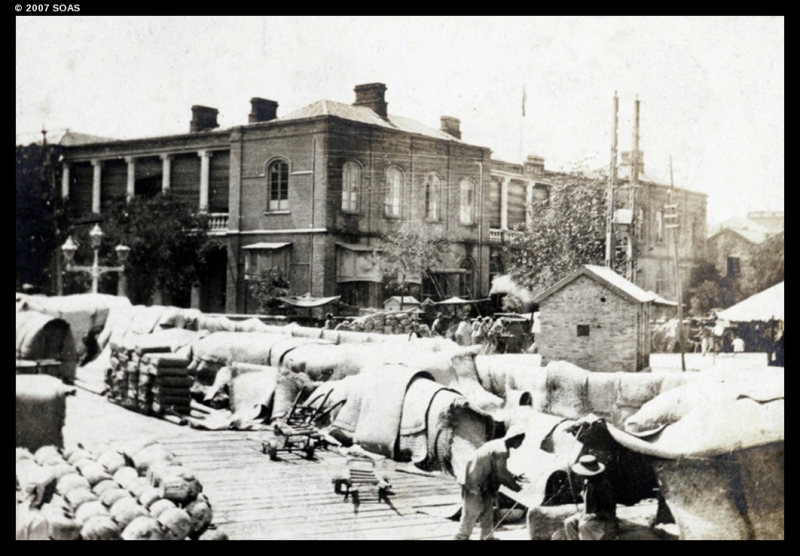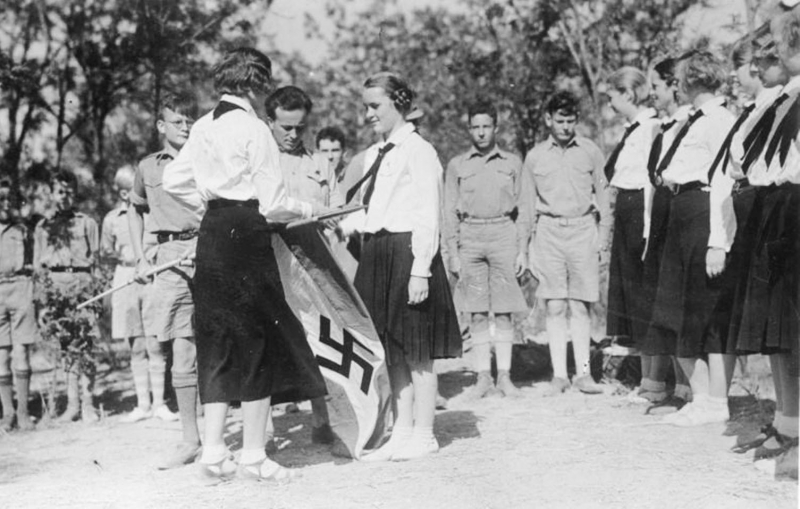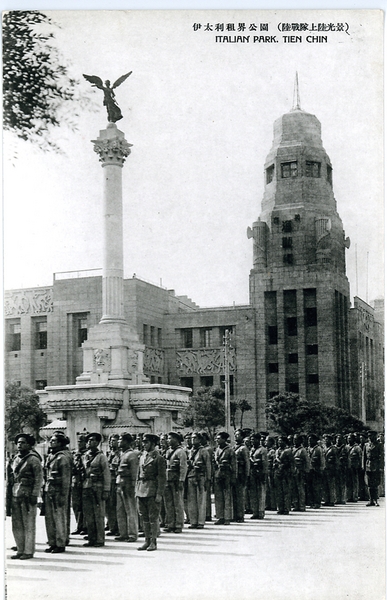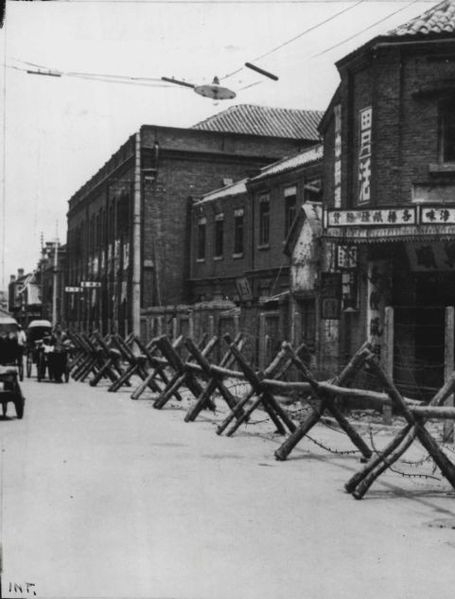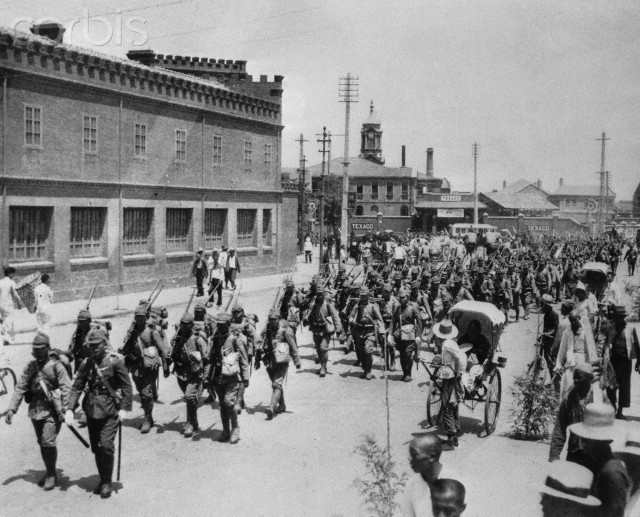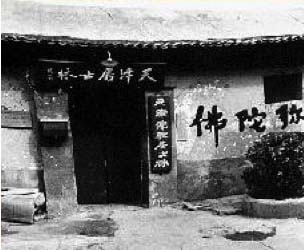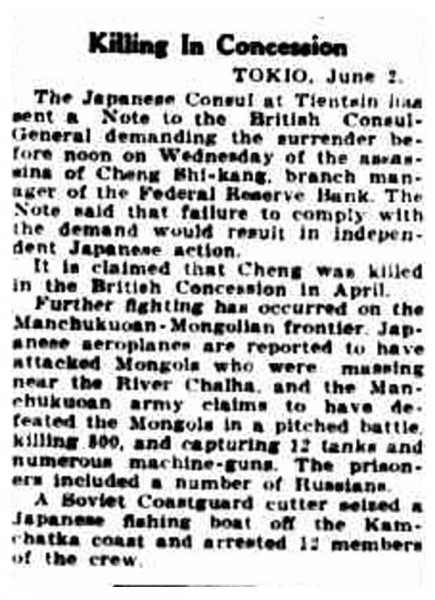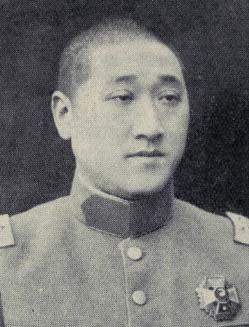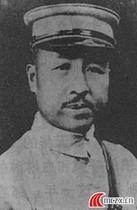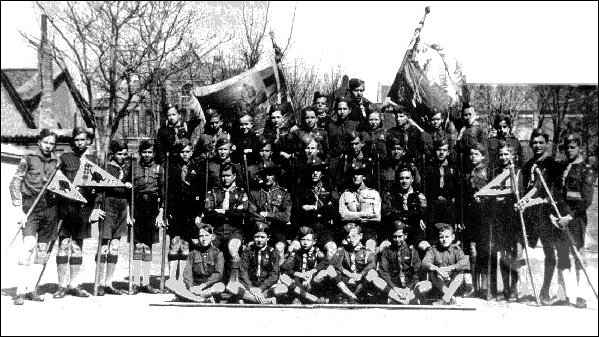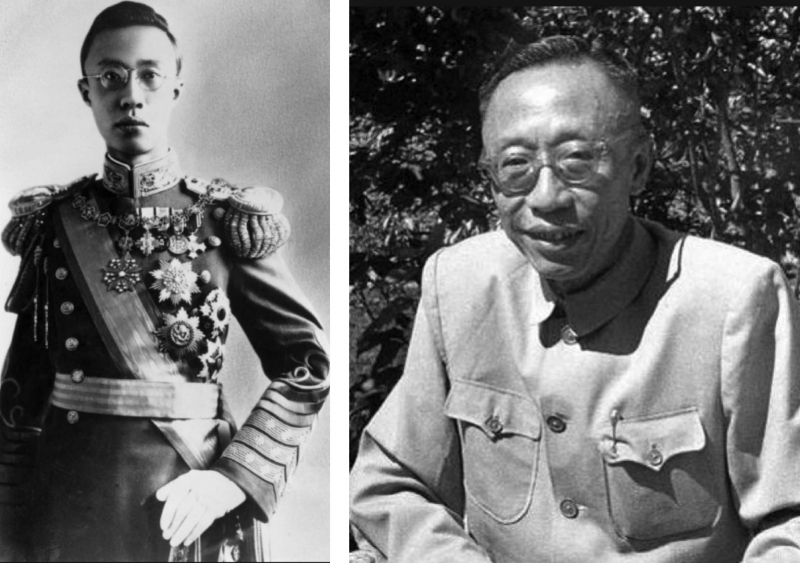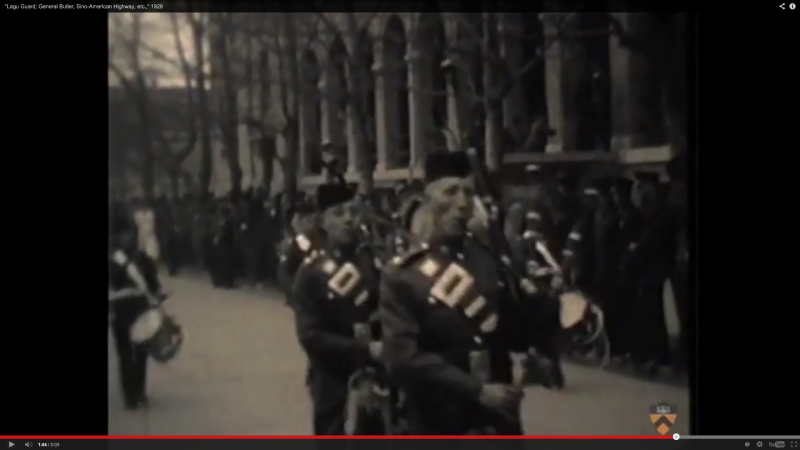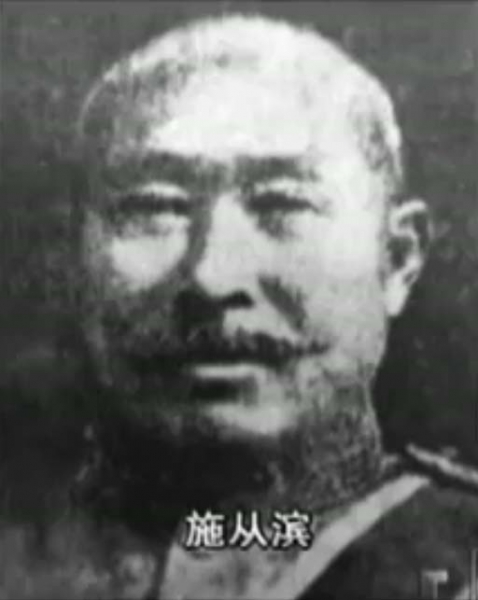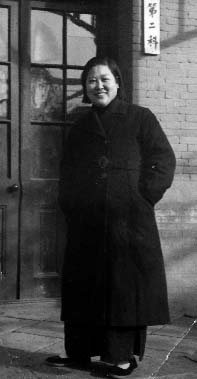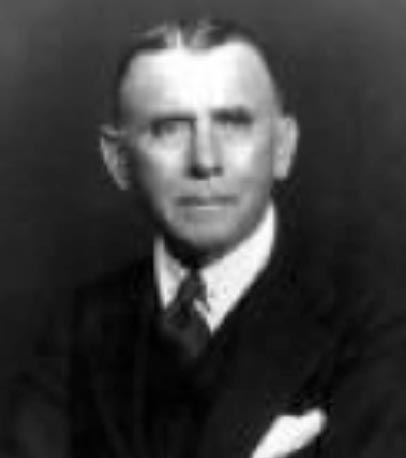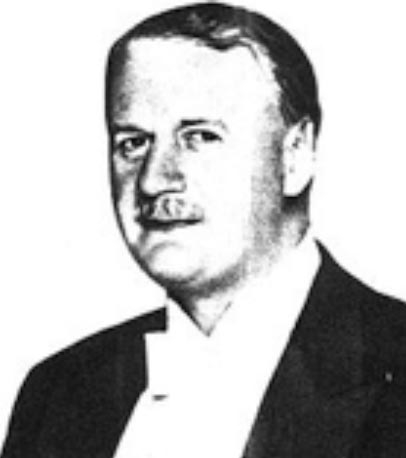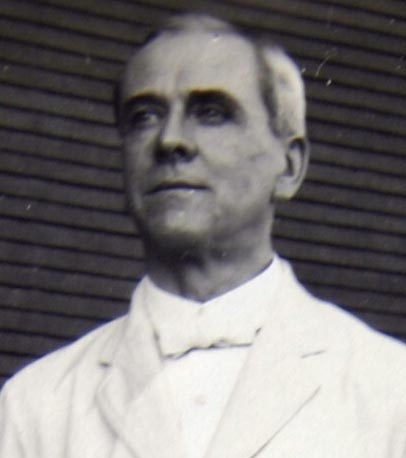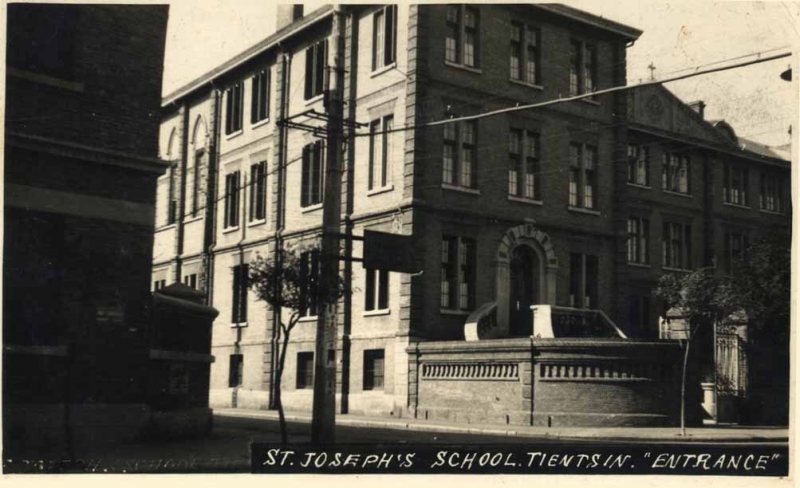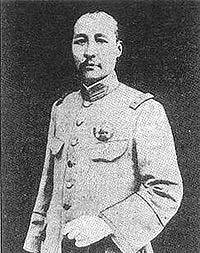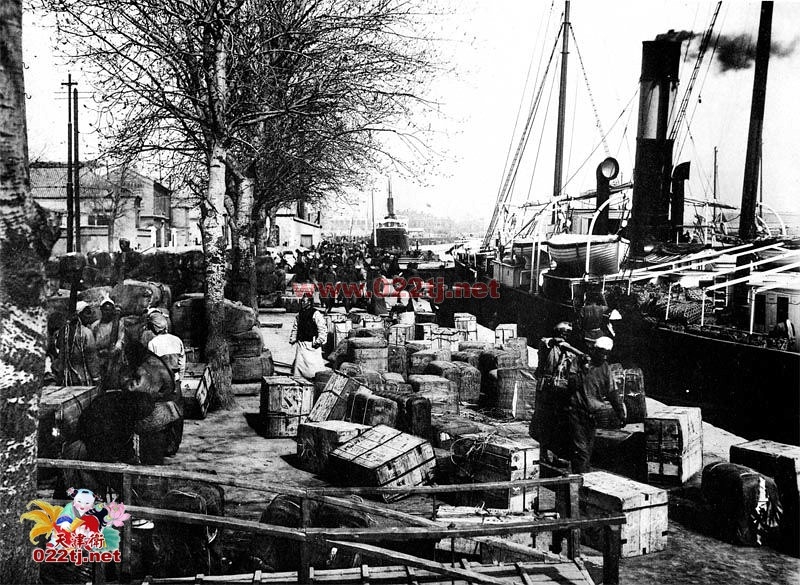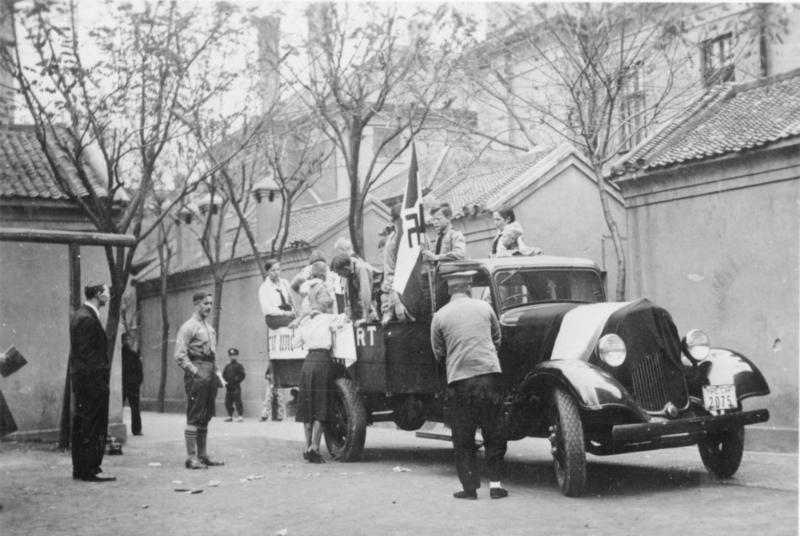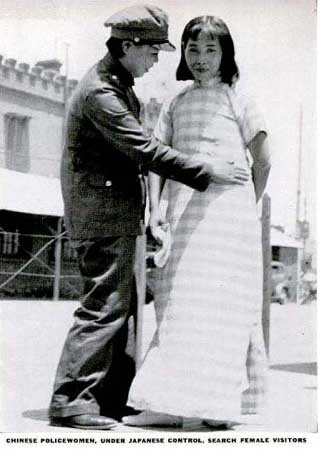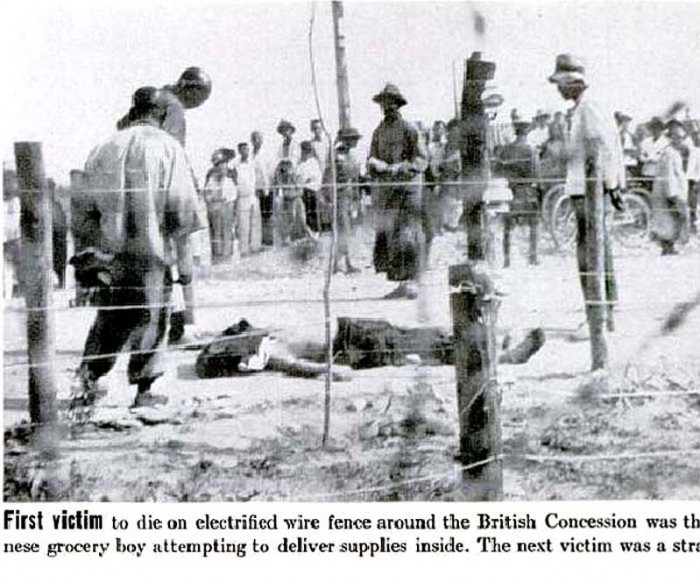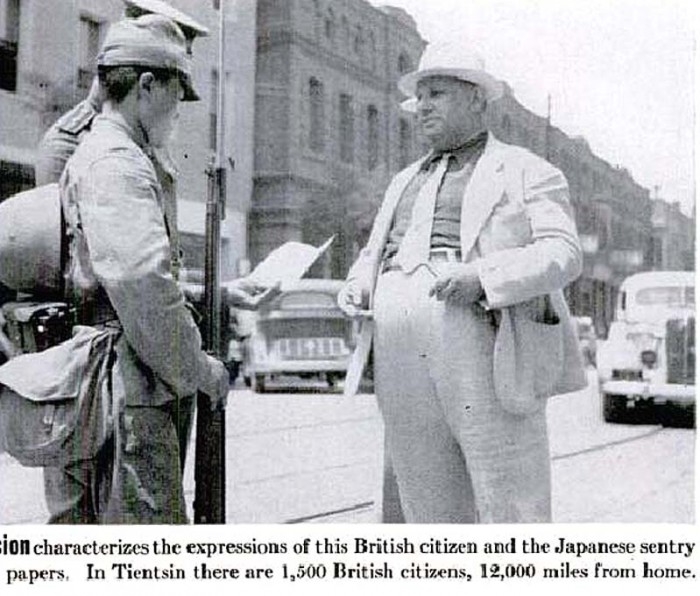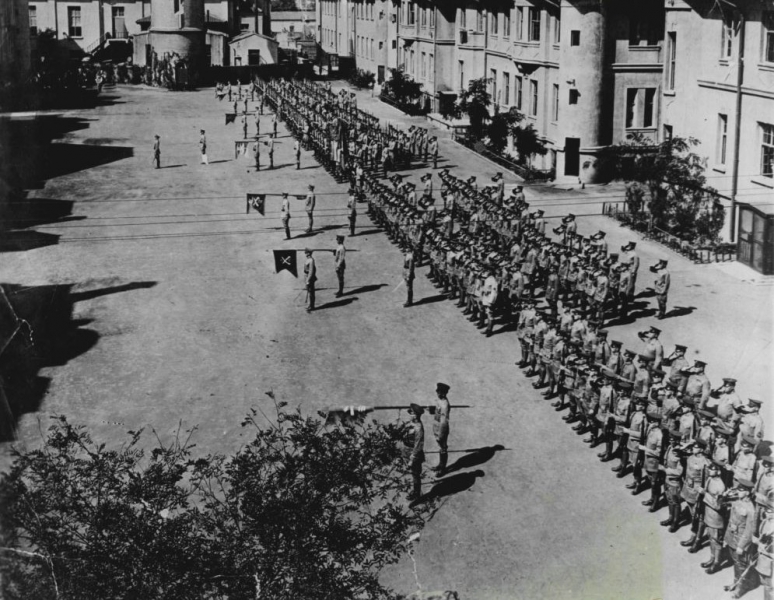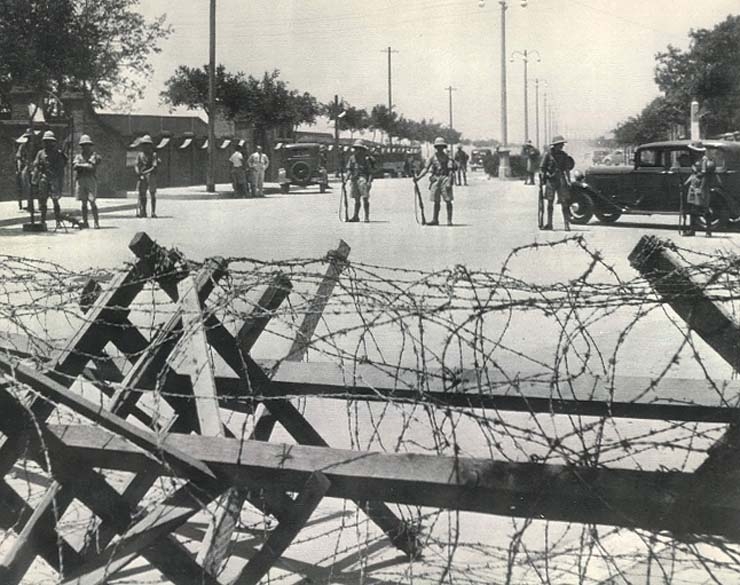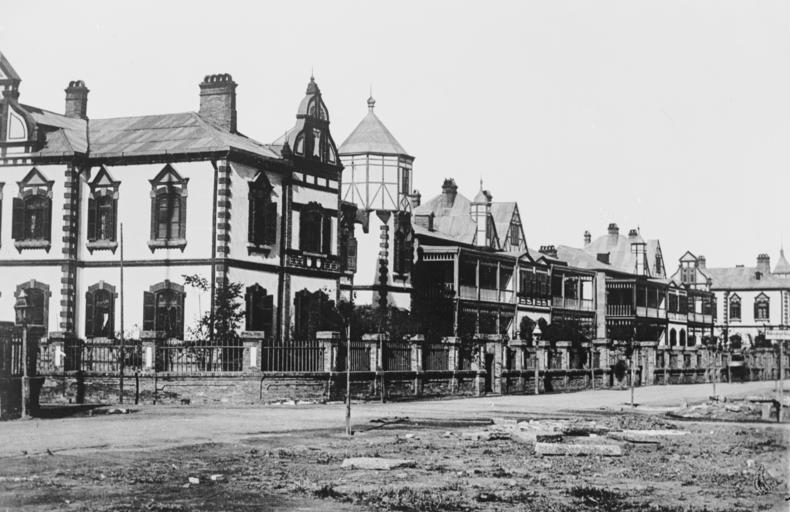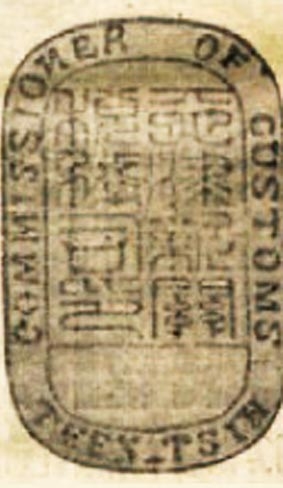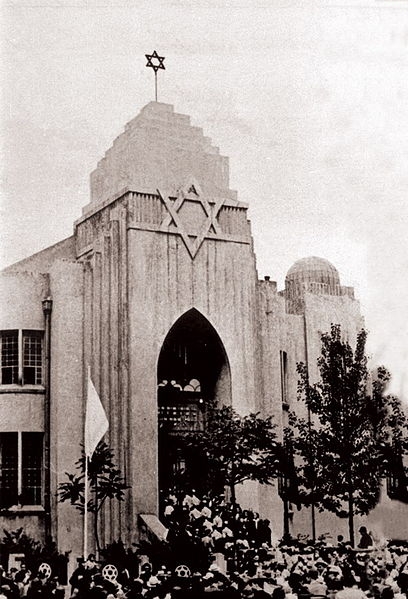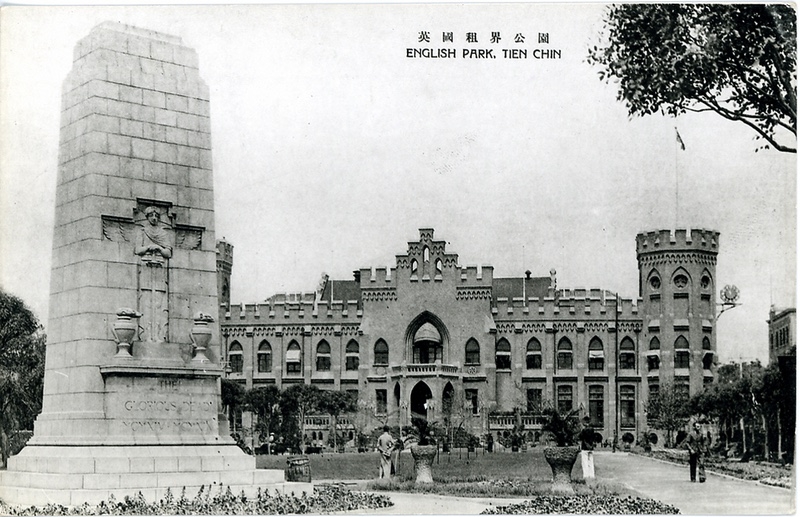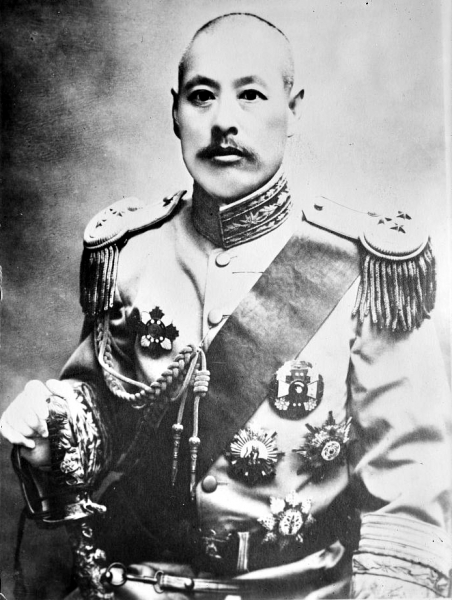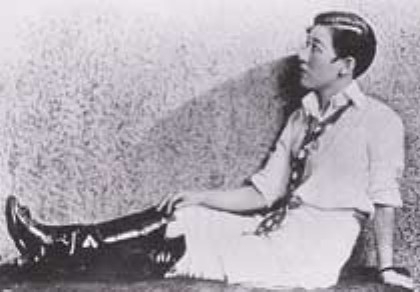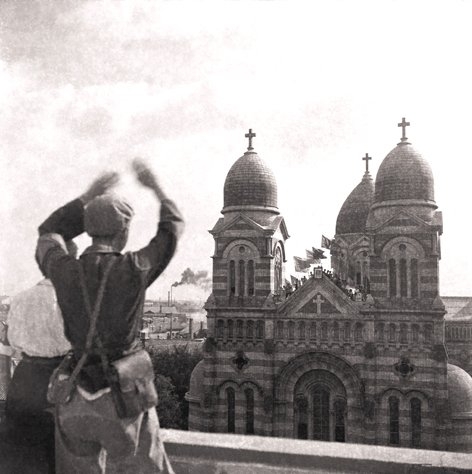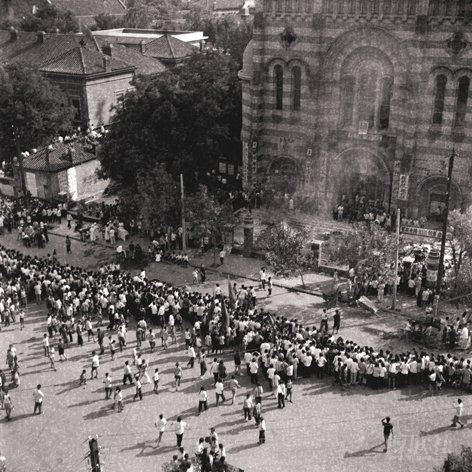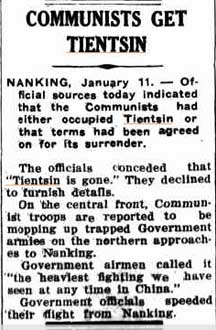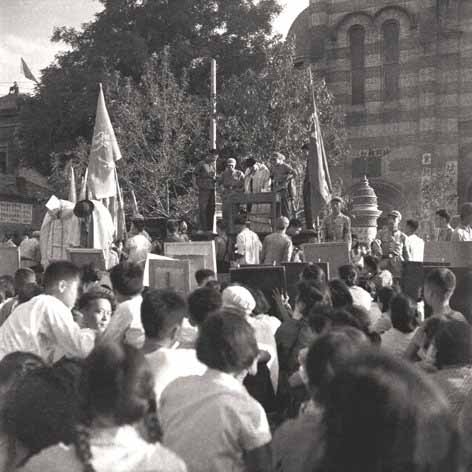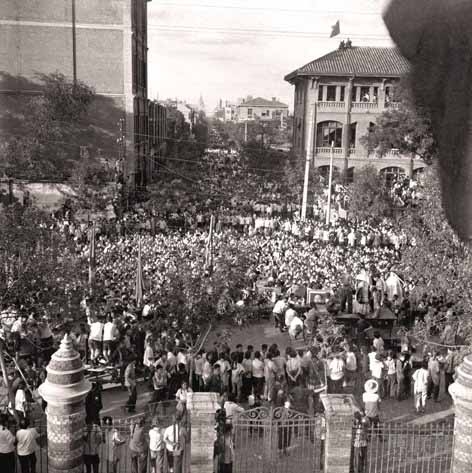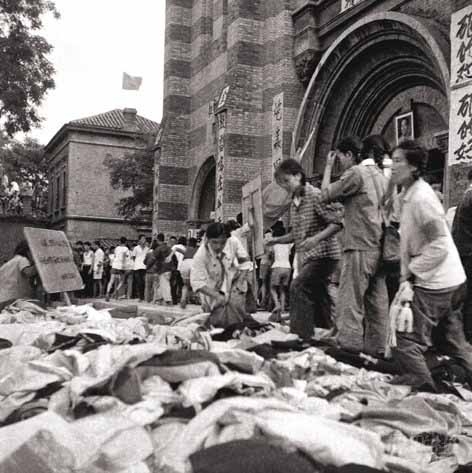Native American Commission holds hearing on the sweat lodge incident, propose mandatory native history classes for Fargo public schools, sensitivity classes for Fargo Police
By C.S. Hagen
FARGO – Lamar Heidersheid brought his 15-year-old daughter Angelina to the Fargo Community Sweat Lodge for the first time last week.
He wanted the experience to be special for her, and to bring their Cherokee culture one step closer to heart. Instead, nearing the end of their fourth round in the sweat lodge, they were raided by Fargo Police. A fellow Native American, Zebedia Gartner, was arrested, and the group spent at least 45 minutes in the cold, wearing little clothing and covered in sweat, witnesses told members of the Native American Commission, the Fargo School Board, City Commissioners, and members of the Fargo Police Department on Thursday.

Lamar Heidersheid looks on as his daughter, Angelina, speaks before the Native Amerian Commission – photo by C.S. Hagen
“When I saw the flashlight that night it was a shock to me,” Heidersheid said. “I had just gone through four rounds of sweat lodge so my mind was in a different place, like going to church. It took me a few minutes to realize what was going on until I saw the officer take Zeb to the ground.”
Gartner, 20, an Anishinaabe from Fargo, tried to rationalize with police who were ordering them out into the cold and wind, but his pleas were ignored. Gartner became angry, witnesses said, and police threw him to the ground, kneed his back, and forced him to walk across half frozen ground in bare feet. Gartner wasn’t released from Cass County Jail for nearly 17 hours, and was forced to pay a fine of $400 for an extra piece of chicken taken from Cashwise Foods on January 24.
Angelina was forced outside the sweat lodge in spandex shorts and a wet T-shirt. “I was freezing and nobody asked me if I was okay,” she said. “Zeb was handcuffed really hard, his hands were turning colors.”
When asked if the police raid was daunting enough to keep her from attending a second sweat ceremony, she said no. “I’m used to disappointment and pretty negative things,” she said.
Heidersheid and others refused to believe police did not know the area was the Native American equivalent to a Western church.
“It’s just lies,” Heidersheid said. “How could he not know? He [arresting officer J. Rued] needs to go. This had to have been inspired by the pipeline raids.”
The same day as the sweat lodge incident hundreds of police finished evicting most of the former Oceti Sakowin camps pitted against the Dakota Access Pipeline near Standing Rock.
Native American Commissioner Sharon White Bear asked the same question. “We’ve been trying to educate people, but we get road blocked,” she said during the meeting. “The things that happened with that young man, I wonder if it didn’t have any follow up to Standing Rock.”
Others who were at the sweat ceremony during the incident said they could not believe officers involved did not know of the sweat lodge when it has been at the same site for years. Another person was worried about the women who stood out in the cold, fearful of possible hyperthermia setting in.
Chairman of the Native American Commission, Guy Fox, said he attempted to tell police on February 23 that the sweat lodge was approved for use and on land donated by the city, but police officers did not listen.
“We have to mark the line right now,” Fox said. “This was not that an officer saw a fire, but that he did not see a sweat lodge.” Fox made the suggestion that everyone involved during the sweat lodge incident – participants and law enforcement – get together for a sweat ceremony. Fargo Police Deputy Chief Ross Renner nearly agreed.
“There’s value in the suggestion and I think we can commit to doing that,” Renner said. “Now I understand it more because of what you’ve shown me here tonight. I do think there is some room for us to really move forward… hopefully it will prevent some of these things similar to this from happening in the future. I understand why that occurred and how we ended up were we are today.”
Renner said he now understands the interruption would have been like police raiding a funeral or a wedding ceremony.
“Had I not been here tonight, I probably would have responded very similarly to how that officer responded… Those two worlds collided, and it’s because of a lack of understanding.”
Renner and Fox then shook hands.
Native American Commissioner Maylynn Warne lectured the audience about Native American history, going back to before the 19th century. She described how Native Americans numbered nearly 45 million before Europeans arrived, and then their numbers fell from war, disease, and persecution to 250,000 by 1900.
Today, there are 5.2 million Native Americans and 566 tribes in the USA. Sweat lodges, among other traditions such as sun dances, war dances, even clothing and hairstyles were illegal when she was three years old. The freedom of religion did not apply to her or other Native Americans until 1978 when the American Indian Religious Freedom Act was passed under President Carter.
“Today, we still face a lot of discrimination,” Warne said. “We still contend with racism and bigotry. We fight for clean water for everybody and when we bring up this whole painful history, we don’t forget because we’ve had to fight for so many years.”
“Some in our community think there is a scar, there is a fresh wound that hasn’t healed yet,” Native American Commissioner Clifton Alexander said. He wants accountability on all levels in order for healing to take place. “
The Native American Commission displayed a three dimensional design for a renovated sweat lodge area to be constructed from cedar. The Fargo Police Department was asked to consider long term cultural sensitivity classes for all law enforcement personnel, and the Fargo Public School Board was asked to to accept mandatory education on Native American history for all students.
“If people aren’t willing to learn and change, then more occurrences will continue,” Alexander said. He made the proposal to work with the city to improve the area.
“Fargo has it within itself to do this. We can do this.”













